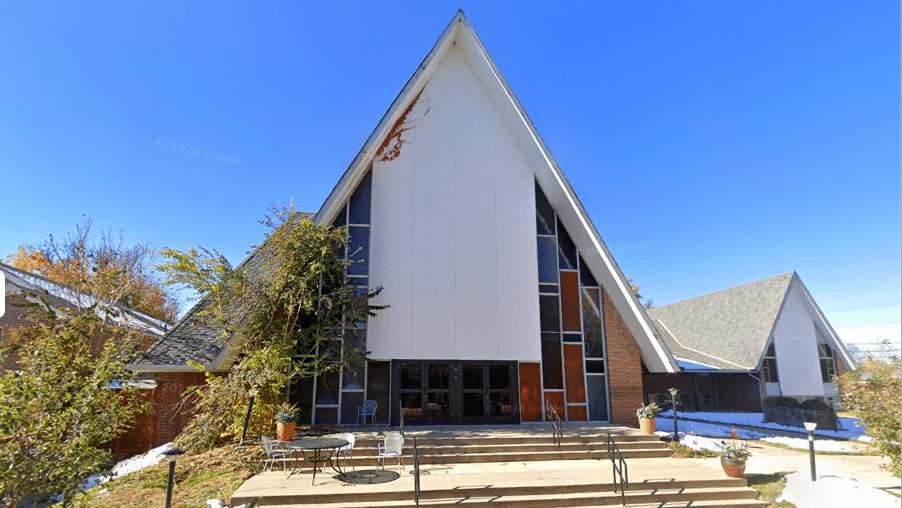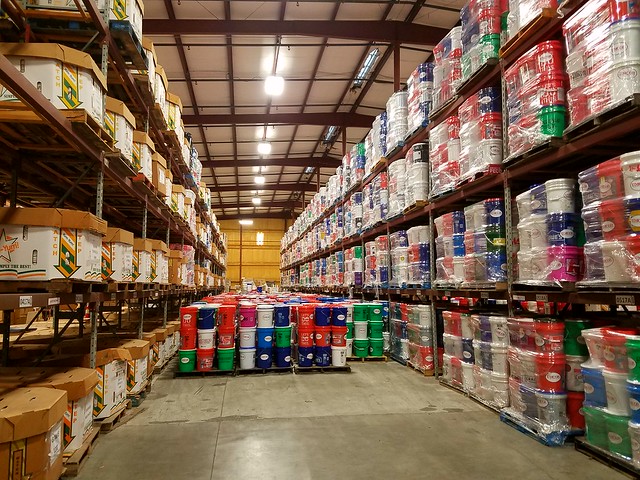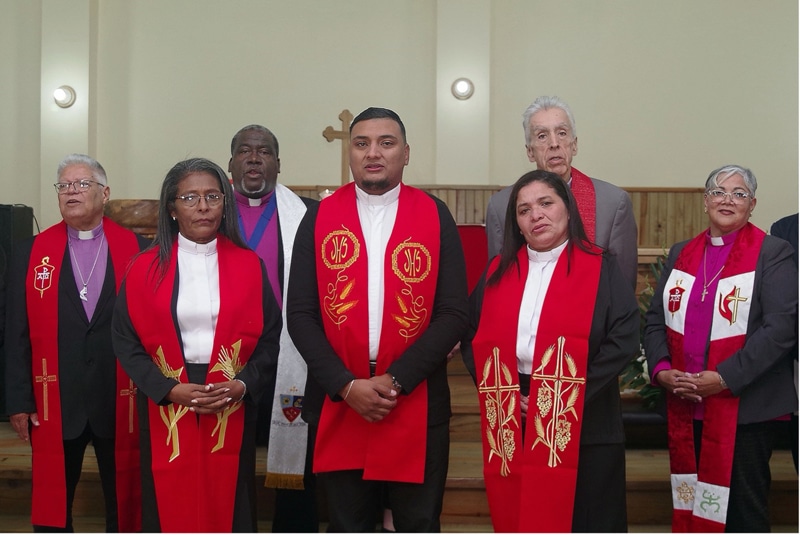A June 5 opinion piece in United Methodist Insight titled “New U.S. Travel Ban Will Harm the United Methodist Church” raises concerns about the potential impact of the travel ban on the worldwide church.
Global Ministries and Higher Education and Ministry work with mission partners and educational leaders in over 60 countries and have missionaries and regional staff serving in several countries on the list.
“This travel ban is discriminatory and will certainly increase suffering and limit opportunity for the church’s work, not unlike recent funding cuts,” said Roland Fernandes, who serves as general secretary for both agencies. “We call on the current U.S. administration to reconsider this policy decision so our work in mission and ministry can continue unimpeded.”
Global Ministries and Higher Education and Ministry reaffirm our commitment to serving alongside communities worldwide and we stand against policies that obstruct the global mission of The United Methodist Church.
Read United Methodist Insight’s opinion piece here.




